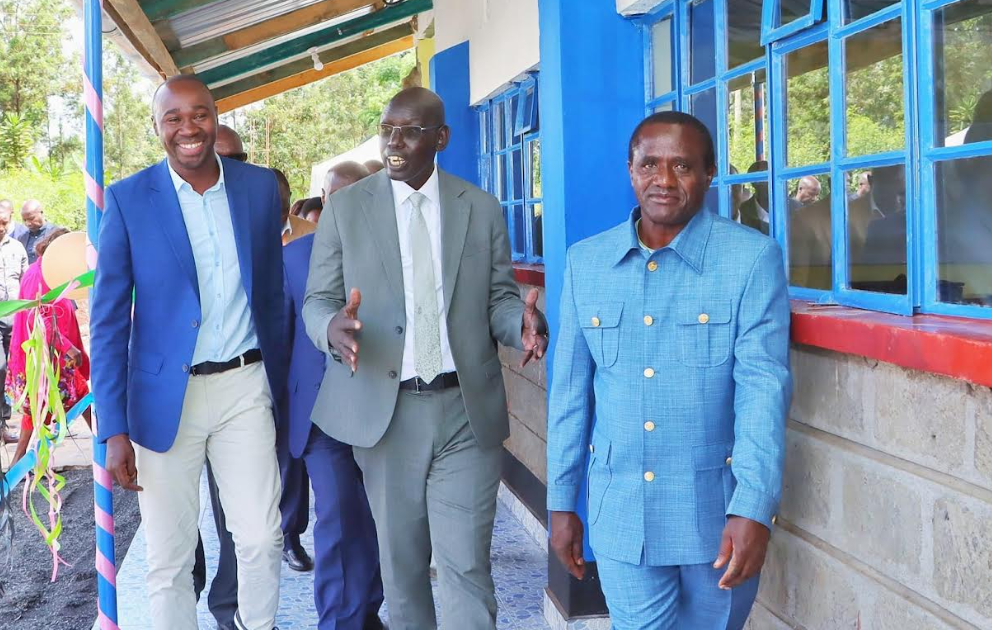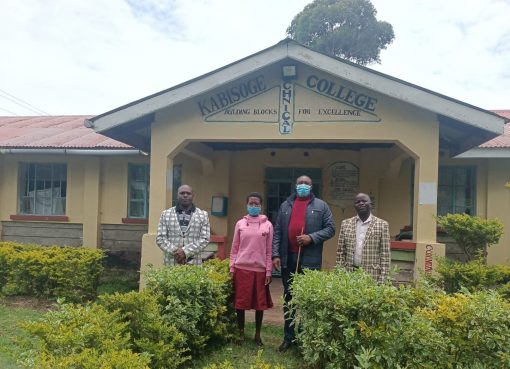The Ministry of Education has decried a surge in cases of pregnant candidates who sat this year’s Kenya Certificate of Secondary Education Examination (KCSE).
Basic Education Principal Secretary Belio Kipsang said this year, they have witnessed increased incidences of girls doing exams from the hospital after giving birth.
He said this was a worrying trend that would have a negative implication on female education in the future if it is not tackled on time.
Speaking in Manyatta Constituency, Embu, on Friday while on supervision of construction of Grade 9 classes, the PS said teenage pregnancies were a societal issue and not the victim’s perse.
He said the challenge they were facing is the failure of adults to protect young girls from early exposure to sex, whereas others were the perpetrators.
“Our biggest problem is us adults, and if we resolve to say we will protect the girl child, then we shall not have this problem,” he said.
The PS continued, “Most of these cases are not carried out by young boys, but adults, just as is the case with cheating in exams.”
He said most cheating cases are perpetrated by adults, as they are the ones who give the candidates phones, share photographs of exam papers, or try to sneak answers to candidates.
Meanwhile, PS Kipsang said they were on course to have adequate infrastructure in place for the commencement of Grade 9 education in January.
He said the Ministry, with the support of the government and development partners, was already in the process of delivering 11, 000 classrooms for children progressing to Grade 9.
PS Kipsang added that the National Assembly through NG-CDF will deliver an extra 7, 000 classes after the government gave a conditional grant of Sh3.4 billion to CDF.
Manyatta MP Gitonga Mukunji said they have been able to successfully match the construction of classes by the Ministry on a one-to-one basis to ensure a smooth transition to Grade 9.
Teachers Service Commission (TSC) Chairman Jamleck Muturi said besides employing more teachers, they are also retooling those in service to ensure they have the right skills to handle learners.
By Samuel Waititu





